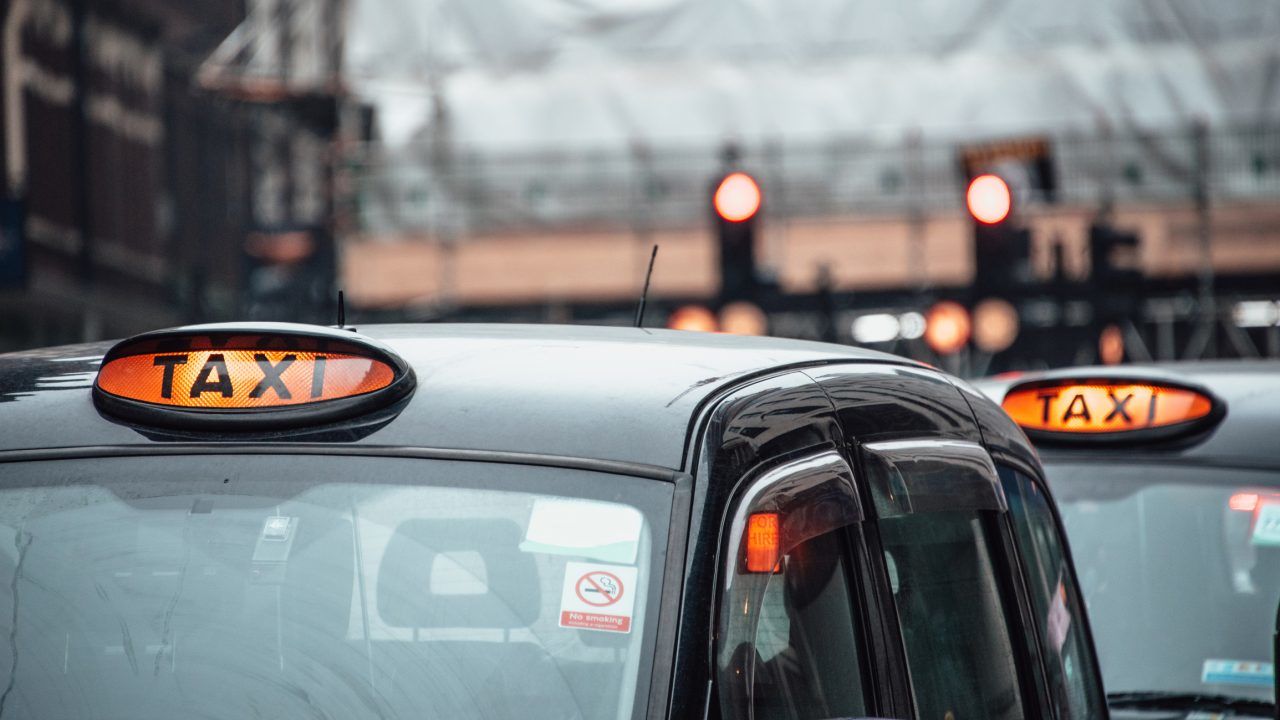Glasgow is currently grappling with a contentious debate surrounding the regulation of its taxi and private hire vehicle fleets, a discussion heavily influenced by concerns over public safety and driver welfare. This critical juncture follows a recent city council consultation aimed at addressing perceived shortages, particularly during late-night hours, sparking a vigorous response from various stakeholders.
The catalyst for this extensive review was growing apprehension among the public and businesses regarding the availability of cabs, especially after traditional operating hours. The Glasgow City Council initiated a formal consultation process to gather diverse opinions on the existing cap on vehicle numbers, seeking to find a balance between supply, demand, and operational realities.
However, a significant counter-narrative has emerged from the driving community. Organisations such as Unite the union and the Scottish Private Hire Association (SPHA) have vociferously argued that the current number of taxis and private hire vehicles is more than adequate. They led a prominent rally outside Glasgow city chambers, advocating for the retention of existing over-provision policies that limit vehicle numbers, asserting that any increase would destabilize the market.
Drivers fear that lifting the current licensing cap would inevitably flood the market, directly impacting their livelihoods through diluted earnings. This financial pressure, they contend, would compel them to work excessively long hours, leading to severe driver fatigue. Such conditions, they warn, would compromise public safety, as tired drivers are more prone to errors and less capable of providing optimal service.
The city’s transport landscape has seen previous adjustments, with Glasgow’s licensing committee approving 255 additional private hire car licenses in 2023 to meet demand during peak times. Currently, the allowed limits stand at 1,420 taxis and 3,450 private hire cars. While private hire numbers are at their ceiling with hundreds of new license bids rejected, the number of traditional taxis has remained below its allocated cap.
Beyond the numbers, drivers also highlight operational challenges that deter late-night work, including extensive roadworks and the unpredictable nature of customers, who can become “a little bit more lively” in the evenings. These factors contribute to a perception of scarcity during busy periods, even if overall vehicle numbers are deemed sufficient by those within the trade.
Reports commissioned by the council, from market research agency Progressive Partnership and Glasgow Caledonian University Moffat Centre, have shed light on the broader post-COVID challenges facing the late-night city centre economy. While these reports noted issues related to a lack of late-night transport options as a deterrent for city visitors, an SPHA official clarified that taxi shortages were identified as only “just one possible option” among several contributing factors to nightlife problems.
Ultimately, the future of Glasgow’s urban transport policy rests on the findings of this comprehensive consultation. A detailed report synthesizing the wide range of opinions gathered will be presented to the licensing committee in the coming months, upon which committee members will deliberate and determine the definitive approach to be taken regarding the taxi and private hire cap.






Leave a Reply